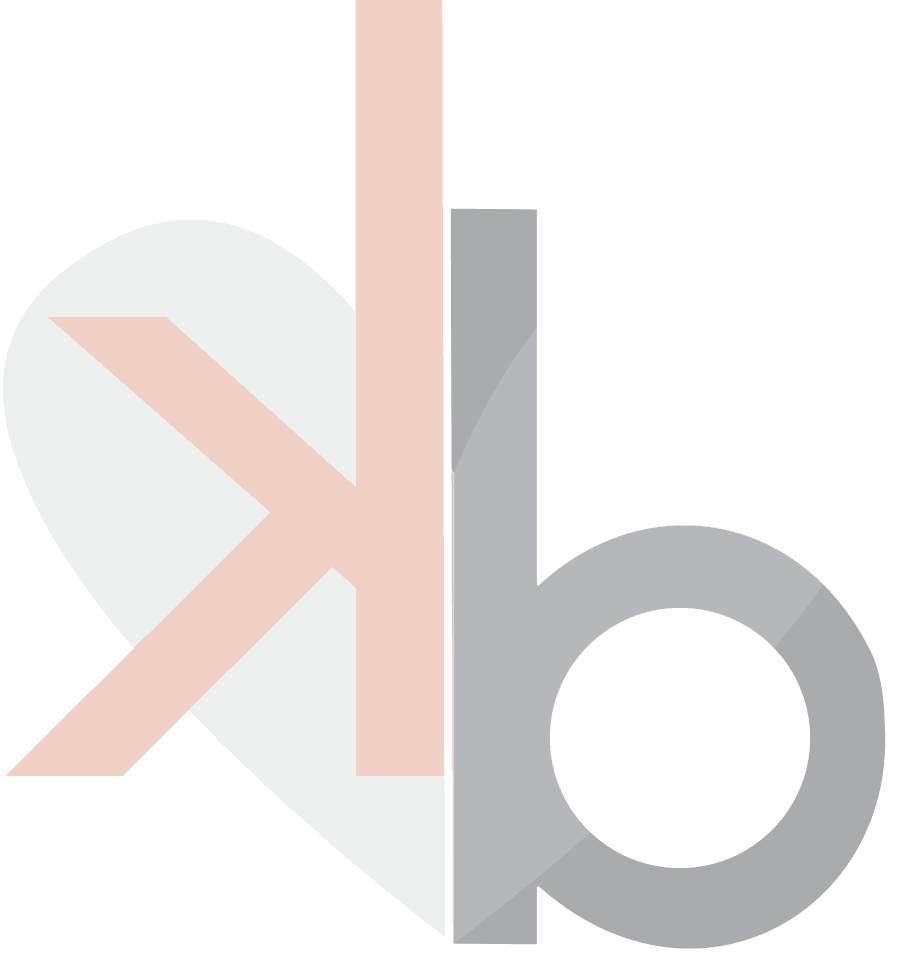I love books. The old-school, preferably paperback kind of books. And my reads are very rarely an escape from reality... you would be hard pressed to find any fiction on my reading list. I tend to read in order to learn and I like to learn because I am curious. Looking at my reading list is also quite telling... I seem to be most curious about psychology, behavioral economics and the digital evolution/revolution.
I try to read for at least an hour at night... which has several benefits. First, it gives me an incentive to want to go to bed at a decent time - looking forward to an interesting reading material is plenty of a reason to do so. Second, it allows my mind to quiet down in order to sleep - the notorious INTJ in me has a busy mind and it's rather hard for me to quiet it down unless I drown it in someone else's thoughts. And finally, as exciting and intriguing of a reading material these books may offer, they all tend to be somewhat difficult to read and follow and therefore can put one to sleep quickly and efficiently.
So, what have been my favorite books so far this year?
- The Righteous Mind, by Jonathan Haidt: the main premise of the book examines how we tend to make decisions based on intuitions and then expend our energy of the rational mind to justify those intuitions. The author also explores beautifully and with quite some depth the many implications of this theory on our morality and choices of politics and religion. Although this may be a symptom of my confirmation bias, the book solidified my recent observation that there have been many studies examining the disconnect between our intuitive (sometimes primitive) mind and the rational mind (in marketing, we call this phenomena heuristics).
- The Innovators, by Walter Isaacson: Walter Isaacson examines the life of 16 innovators who pointedly contributed to the revolution of the digital world. Some of my favorite innovators to read about were Ada Lovelace, Alan Turing and Bill Gates. My curiosity for Alan Turing jumped exponentially after also seeing The Imitation Game which left me crying in the theater long after everyone had left (yes, I cry at movies...). Yet as much as I enjoyed reading about these leaders of innovation, the main resounding point of the book will probably stay with me forever: these inventions did not happened in vacuum. Collaboration, competition, copycatting are all necessary tools in an innovator's toolbox. And this has even informed my management style at work... but more on that some other time.
- Thinking, Fast and Slow, by Daniel Kahneman: I had actually purchased this book back in 2013 at the UPenn bookstore and it had been sitting on my bookshelf ever since. What peeked my interest to pick it up again was, in fact, reading the Righteous Mind, which quoted some research from Thinking, Fast and Slow. Daniel Kahneman won the Noble Prize in Economics a few years back and if that is not enough of an incentive to read his book, perhaps the premise is. Mr. Kahneman explores what he calls the two systems of the mind: System 1, the fast, intuitive and emotional mind and System 2, the slower, more deliberative and logical part of the mind. What I find fascinating is the author's exploration of the interaction between those two systems and that interaction's impact on how we make decisions on the stock market, in our personal relationships, when defining corporate strategies, and so much more.
On my list of upcoming reads I have: Zillow Talk: The New Rules of Real Estate, Creativity: Flow and the Psychology of Discovery and Invention, and Power: Why Some People Have It and Others Don't. Looking forward to sharing the experience with you soon!



































A few months back, a co-worker of mine convinced me to join my company's Spartan Race team. He didn't talk it up much: he mentioned it's a long-ish run with a few fun obstacles. You know, no big deal. Something someone who runs as much as me should complete more than easily (read, you don't really need to train for it). Ha ha ha.